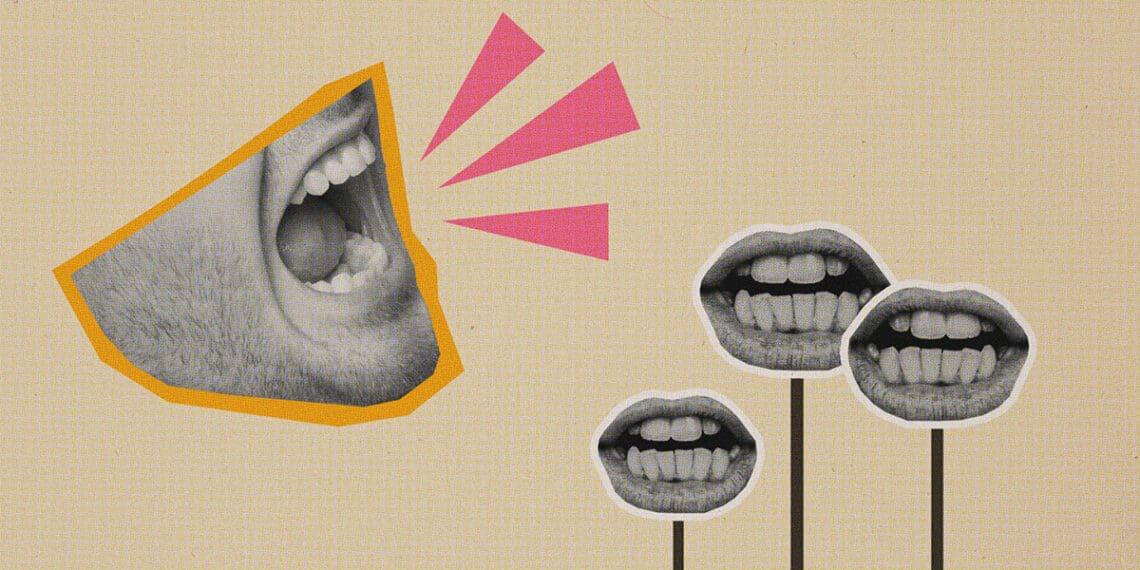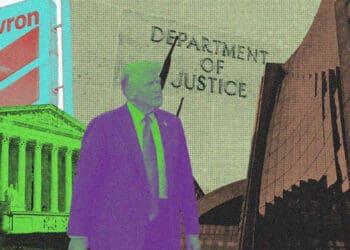You’ve raised concerns about a management decision that doesn’t feel right — but it’s not exactly wrong either. So now what? Ask an Ethicist columnist Vera Cherepanova explores the limits of whistleblowing.
I’m a project manager at a manufacturing company, and I recently found out that leadership plans to quietly cut out some of our regular quality checks to save money. These checks aren’t legally required, but we’ve always done them to keep our products reliable. I’m worried this could lead to problems down the line that customers wouldn’t expect, but management keeps saying it’s a necessary cost-saving move. I’ve raised my concerns, but they’ve been brushed off. Do I have a moral responsibility to persist in “blowing the whistle?” How much trouble should I really cause for myself over a decision I think is short-sighted and wrong? — Name Withheld
Your case provides a nuanced view of workplace ethics by exploring the balance between personal convictions and professional duties. It captures a dilemma that many conscientious employees face: When efficiency measures begin to chip away at standards, where does your ethical responsibility lie? You’ve justly voiced your concerns. Now you’re wondering if there’s a duty to escalate, given that this change could affect customer expectations.
First, let’s address your question about whistleblowing. Typically, whistleblowing applies to serious breaches — corruption, fraud or clear harm to customers — where standard internal channels have failed to resolve the issue. In your case, it’s worth reflecting on whether stopping these checks constitutes a significant ethical breach or if it’s more of a judgment call on cost-saving measures.
The decisions you’re describing don’t sound morally wrong. Since these quality checks were never legally mandated, the decision doesn’t reflect overt misconduct; rather, it’s a cost-cutting choice that changes established practices. Many people misunderstand hotlines as catch-alls for any complaint or discomfort, rather than channels for reporting significant ethical breaches or misconduct. While raising ethical concerns is important, not all disagreements rise to the level of whistleblowing.
Next, let’s consider your ethical duty to continue raising objections. As a project manager, part of your role involves raising concerns when decisions might undermine quality or reliability. You’ve done that by making your views known. Ultimately, however, higher-ups hold the decision-making authority and bear the responsibility for the potential impact of these changes.
In workplaces, responsibilities are distributed, and once concerns are voiced and noted, you’re not morally obligated to persistently oppose the decision. I’m afraid I’m a strong believer in a pragmatic approach that values expressing valid concerns but also respects boundaries.
Help, the Compliance Department Won’t Stop Talking About Ethics
Ask an Ethicist digs into age-old ethics vs. compliance question
Read moreDetailsReaders respond
The previous question was from an executive in a financial services firm who was frustrated with their compliance department’s emphasis on ethics. The dilemma was whether their focus should remain on meeting legal standards to ensure efficiency and profitability, or if ethics should play a larger role in their business practices.
In my response, I noted: “You are raising a question that is on the minds of many business people: ‘Compliance vs. Ethics: What’s the Point?’ In my 17-plus years of experience, I have encountered this question numerous times, and, to be completely honest, I have asked it myself as well. I would like to offer you an answer sourced from folklore and ancient Confucian wisdom — hopefully, the ‘Tale of Conscience’ will provide clarity on the matter.”
In the tale, Conscience was born on a quiet night, venturing across the earth to awaken moral awareness in humanity. But as people went about their daily lives, they struggled to listen. When a wealthy man suffered sleepless nights after Conscience’s visit, the townsfolk turned to a scholar for help. He suggested the creation of laws, so people could follow written rules instead of wrestling with their conscience. Soon, Conscience was dismissed, and the people found peace in compliance — but at the cost of their moral reflection. Read the full question and answer here.
Here’s a look at some reader reactions:
Just because it’s legal doesn’t mean it’s right, and this narrative resonates so much with modern business scenarios where companies can easily engage in legal activities that harm the environment, discriminate [against] minorities or avoid taxes through loopholes. Moral compass is not about ticking the compliance box; it’s about doing what’s right even when no one is watching. — MB
Ethics and law are two different facets. Law is prescribed for compliance. Ethics is your own willingness to be compliant morally in your personal and professional capacity. Legal compliance is necessary but ethical compliance should be mandatory. As a human, we are blessed with a sense of what is morally right and wrong. This ability bestows upon us the responsibility to exercise our thoughts for the greater good for various sections of society, sometimes at the cost of business too. — SS




 Vera Cherepanova
Vera Cherepanova









